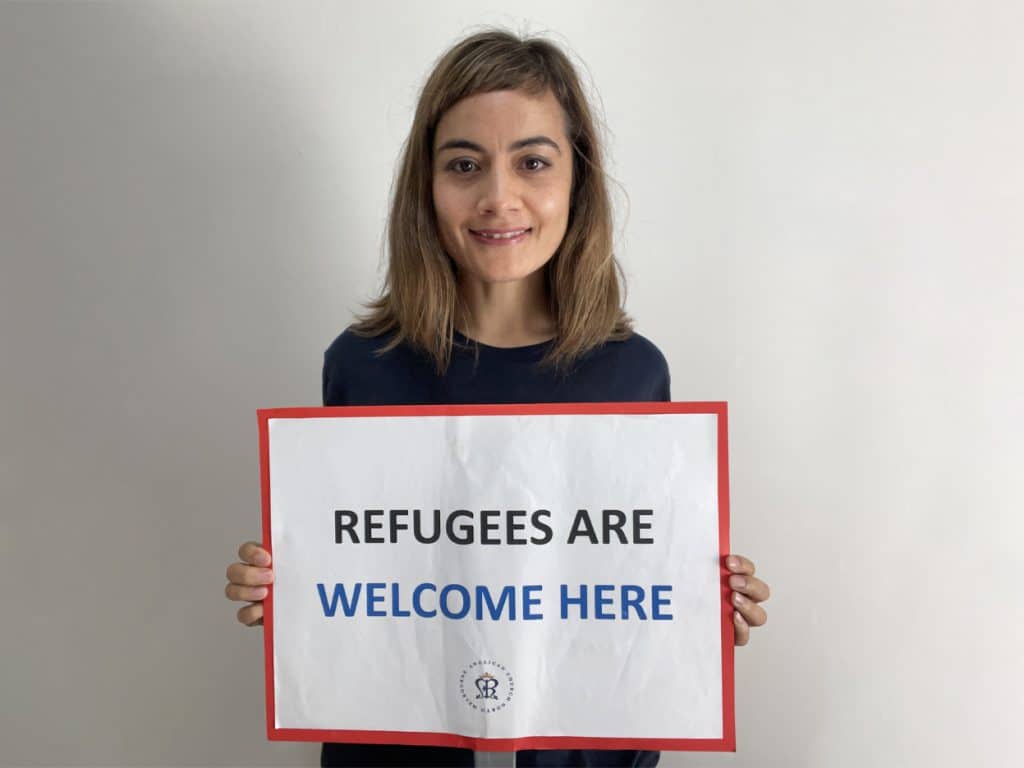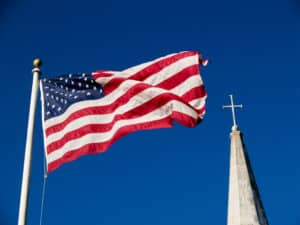
By Audrey Statham
19 March 2022
Recent media attention on the stories of the medevac refugees, the Sri Lankan Bilolea family shows we need to apply renewed pressure on politicians on such issues.
But such media coverage can also have the effect of narrowing the public’s consciousness of refugee policy to isolated cases. This can give rise to a false impression that the refugee “problem” can easily be fixed.
While I hope and pray that the medevac refugees will all be freed, the Bilolea family given permanent visas and a special humanitarian intake of 20,000 Afghan refugees granted, these things won’t alter the system one jot.
Read more: Call for government to fulfil moral responsibility to refugees
Current refugee policy seeks to deter people from seeking asylum in Australia by placing thousands of refugees and asylum seekers in a state of ongoing legal limbo both on and offshore, regardless of the mental anguish and suffering that this causes.
People caught in the system include recognised refugees who are only eligible for temporary protection visas (not permanent visas) because they came here by boat, and people seeking asylum who lack access to basic income support while they are navigating a complex and difficult application process.
It also includes 200 people still being held on Nauru and in Papua New Guinea in offshore processing, and around 14,000 refugees who have been trapped in Indonesia for nearly a decade due to the Australian government’s policy since 2014 of excluding this cohort from resettlement.
What is sorely needed now is genuine perspective on the system and ongoing, grassroots public debate – long after the 2022 federal election is over – about the kind of society that Australia is becoming, and the kind of society we want to be.
Read more: Djokovic saga hits plight of indefinite detainees into spotlight
Together with civil society groups, the church can act to foster non-partisan dialogue about what more generous and humane refugee policies might look like.
If we don’t then we surely run the risk of ourselves becoming captives as a society of the cruel logic of deterrence.
Audrey Statham is a member of the Anglican Diocese of Melbourne’s Social Responsibility Committee. This article forms part of a broader ‘What I want to see in … May?’ series on the 2022 federal election.







